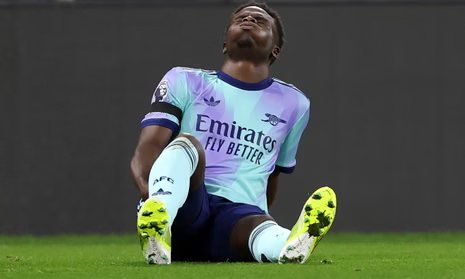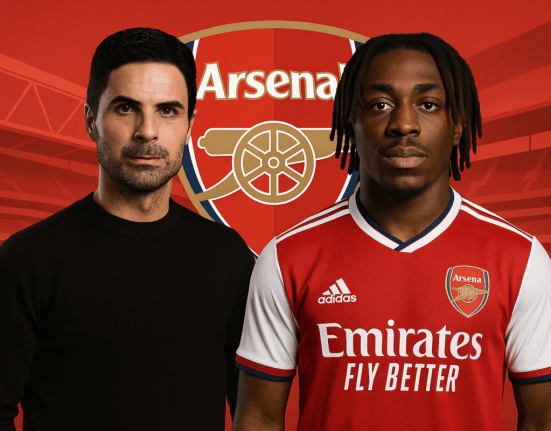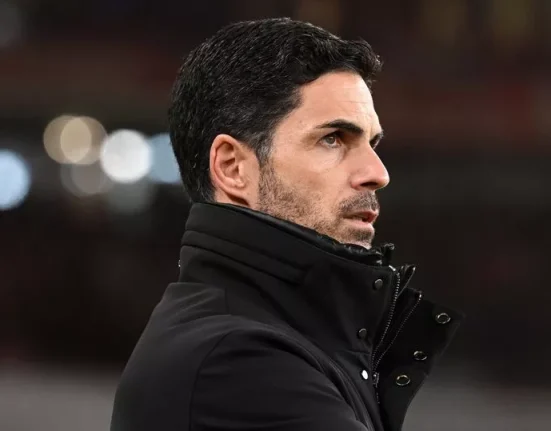In today’s football world, one name keeps echoing from dressing rooms to dugouts—Pep Guardiola. While he didn’t invent positional football (popularly called juego de posición), he perfected it, turned it into a winning formula, and passed it down to a new generation of elite coaches.
Now, the fingerprints of Guardiola’s football philosophy are everywhere. From Arsenal’s Mikel Arteta, to Spain’s Luis Enrique, and even Germany’s Hansi Flick, these top managers have embraced Pep’s style and reshaped their own teams around it.
In this year’s UEFA Champions League semi-finals, these three managers stand tall—not just because of their tactics, but because they’ve mastered the Guardiola way. It’s structured, intelligent, and obsessed with controlling space, time, and movement. Some fans call it robotic, but when done right, it’s beautiful.
Many Nigerian football lovers grew up on chaotic end-to-end matches and wild individual brilliance. But football is evolving. Today, defenders can start attacks. Goalkeepers can be playmakers. Even attackers are taught to press, pass and plan—not just dribble and shoot.
The stats don’t lie—most top European clubs are adopting positional play in one form or another. Even traditional sides like PSG and possibly Manchester United under Ruben Amorim are shifting towards this controlled style. It’s not just a tactic anymore; it’s a football culture.
Critics argue it kills spontaneity. But maybe what they’re really reacting to is poor imitation. Just as not every artist can paint like Picasso, not every coach can coach like Guardiola. But those who try—like Unai Emery and Enzo Maresca—are changing the game, even without superstar players.
Luis Enrique once said, “You always learn by watching Guardiola’s teams play.” Arteta admitted, “He gave me the tools to be a coach.” And Flick praised Pep’s gift for controlling the game like few ever have.
So, while some long for the “old football” days, the game has moved on. The modern game is tougher, smarter, and more demanding. It doesn’t just rely on flair—it requires brains.
Football is in transition, and Nigeria’s young coaches, players, and fans should take note. This isn’t a trend—it’s a transformation. And it’s not about copying Guardiola—it’s about building on what he started.
In five years, most teams—yes, even those in Africa—will be playing some version of positional football. Because in the end, the game always moves forward. And those who adapt, thrive.
Positional football is not killing football. It’s redefining it. And it’s here to stay.
KIIN360 FOOTBALL INSIGHT
GUARDIOLA’S LEGACY IS ALIVE 🔥
From Arteta to Flick to Luis Enrique, Guardiola’s influence is everywhere you look in modern football.
These managers aren’t just winning matches—they’re reshaping the game with positional play, a model that demands intelligence, structure, and full-team involvement.
Defenders now build attacks
Goalkeepers start the play
Midfielders control the tempo
Attackers press as much as they score
Critics say it’s robotic. We say it’s the future. And guess what? It’s already here.
Football isn’t dying. It’s evolving.
Adapt or get left behind.




